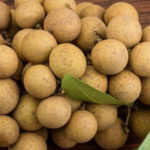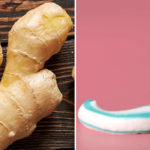1 Preparing and Storing Food for the Rainy Season
Fresh Produce
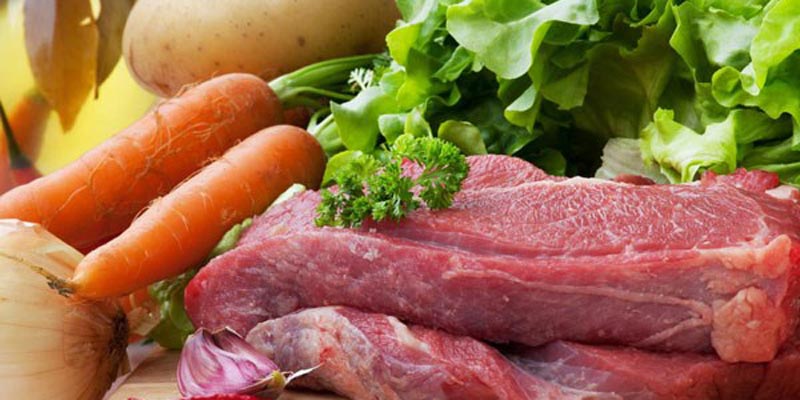
For fresh produce such as vegetables, meat, and fish, you can store them in the refrigerator for 3-5 days. To ensure your family gets enough nutrients, buy a variety of meats like beef, chicken, and pork, and store them in the freezer.
For vegetables like mustard greens, water spinach, and squash, keep them in a dry place. Due to the cool weather during the rainy season, you can leave them out for up to 2 days, and they’ll stay fresh in the fridge for 4-5 days. Eggs are another essential food item. Store them in a dry place, and they’ll last for 15-20 days.
Dry Goods and Snacks
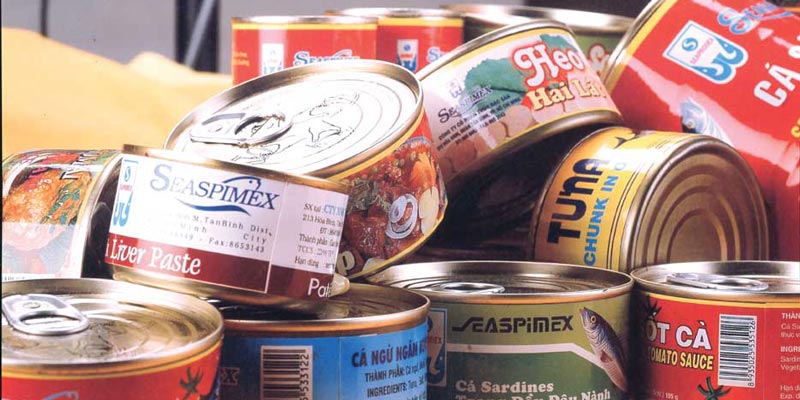
Stock up on items like , , , dried fish, instant noodles, cookies, and other snacks. Prepare sufficient quantities based on the number of people in your household to prepare for any worst-case scenarios. When it comes to canned goods, pay attention to expiration dates and plan meals accordingly to maintain your family’s health.
Beverages

Water is essential, but during the rainy season, water sources can become contaminated, and power outages are common. To ensure your family has enough water, store clean water in tanks, buckets, or large containers.
Also, stock up on bottled water and boxed milk, keeping them in a dry place for easy access. On average, a person drinks at least 2 liters of water per day, so plan to have enough water for 3-4 days, depending on the severity of the storm.
2 How to Store and Preserve Food

– Check Your Fridge Temperature: The fridge helps preserve food for a limited time, but the temperature must be suitable. If it’s too warm, bacteria can grow. The ideal fridge temperature is below 4°C (39.2°F).
– During a Power Outage: In the event of a power outage, keep both the fridge and freezer compartments closed to maintain the temperature. A full freezer will stay cold for up to 48 hours if left unopened, while the fridge will only stay cold for about 4 hours.
After 4 hours, discard any perishable food in the fridge. Even if it doesn’t smell bad, it may contain harmful bacteria.
Dispose of the following items: cooked or raw meat, fish, eggs, milk, and dairy products. Also, throw away any leftovers.
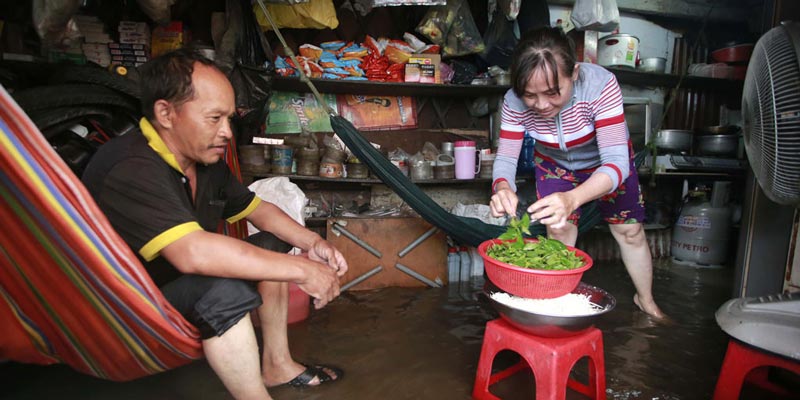
– If Your House is Flooded: Floodwaters can carry pathogens, so discard any food that has come into contact with floodwater. Only drink water from a safe source—boiled or bottled water is best.
If canned food or food in metal containers is flooded, wash and disinfect the containers with a bleach solution before consuming the contents.
For more information:
These tips will help you prepare and store food during the rainy season, ensuring the health and safety of your family. Stay tuned for more useful information!
Reference: baonghean.vn
Uncovering 10 Astonishing Methods to Neutralize Refrigerator Odors
Having a fresh-smelling refrigerator is essential, and Dien May GREEN has the answers to ensure this. In this article, you will find tips to help remove odors and steps to take to prevent unpleasant smells from taking over your refrigerator.



























